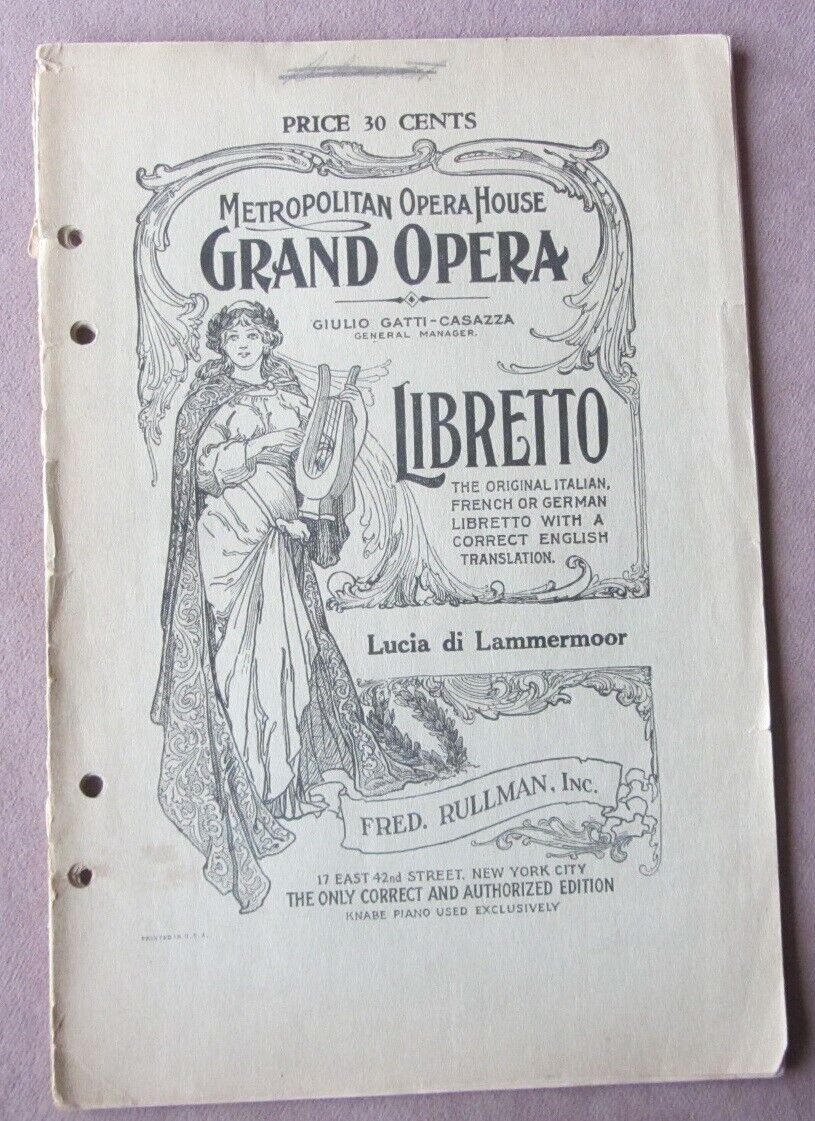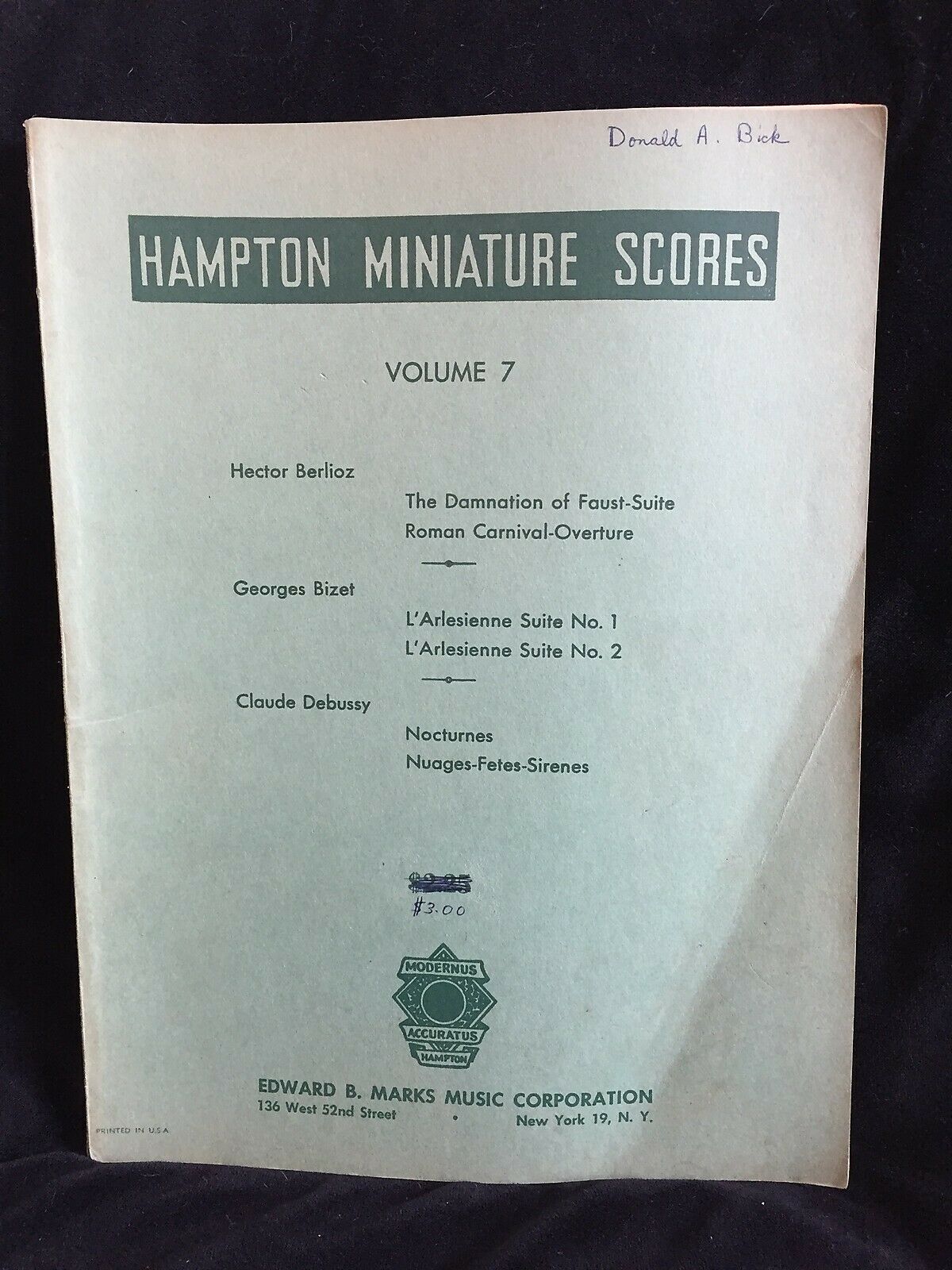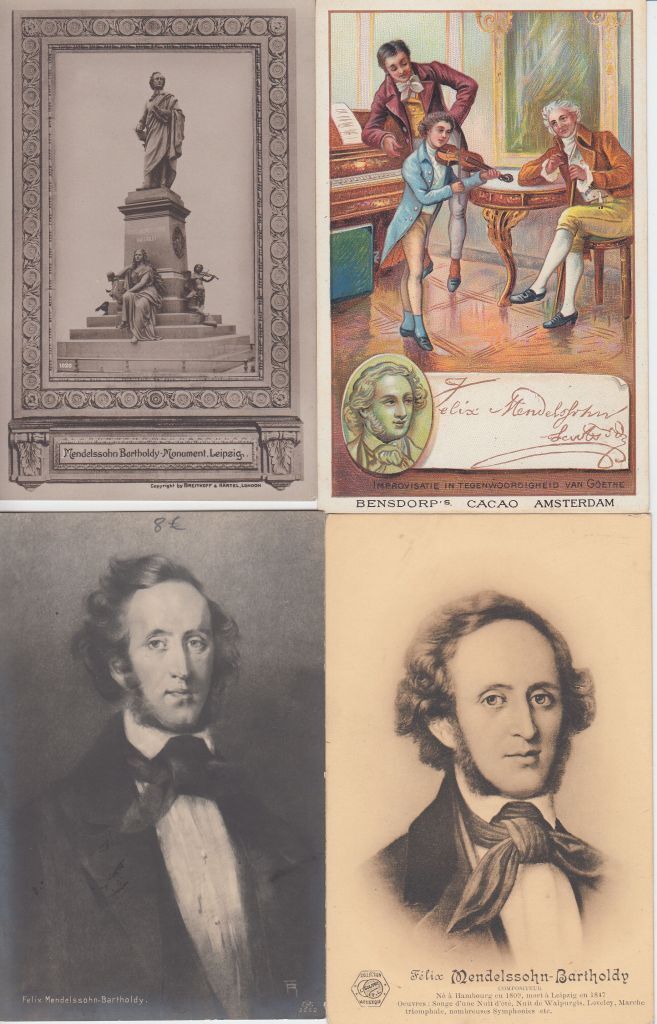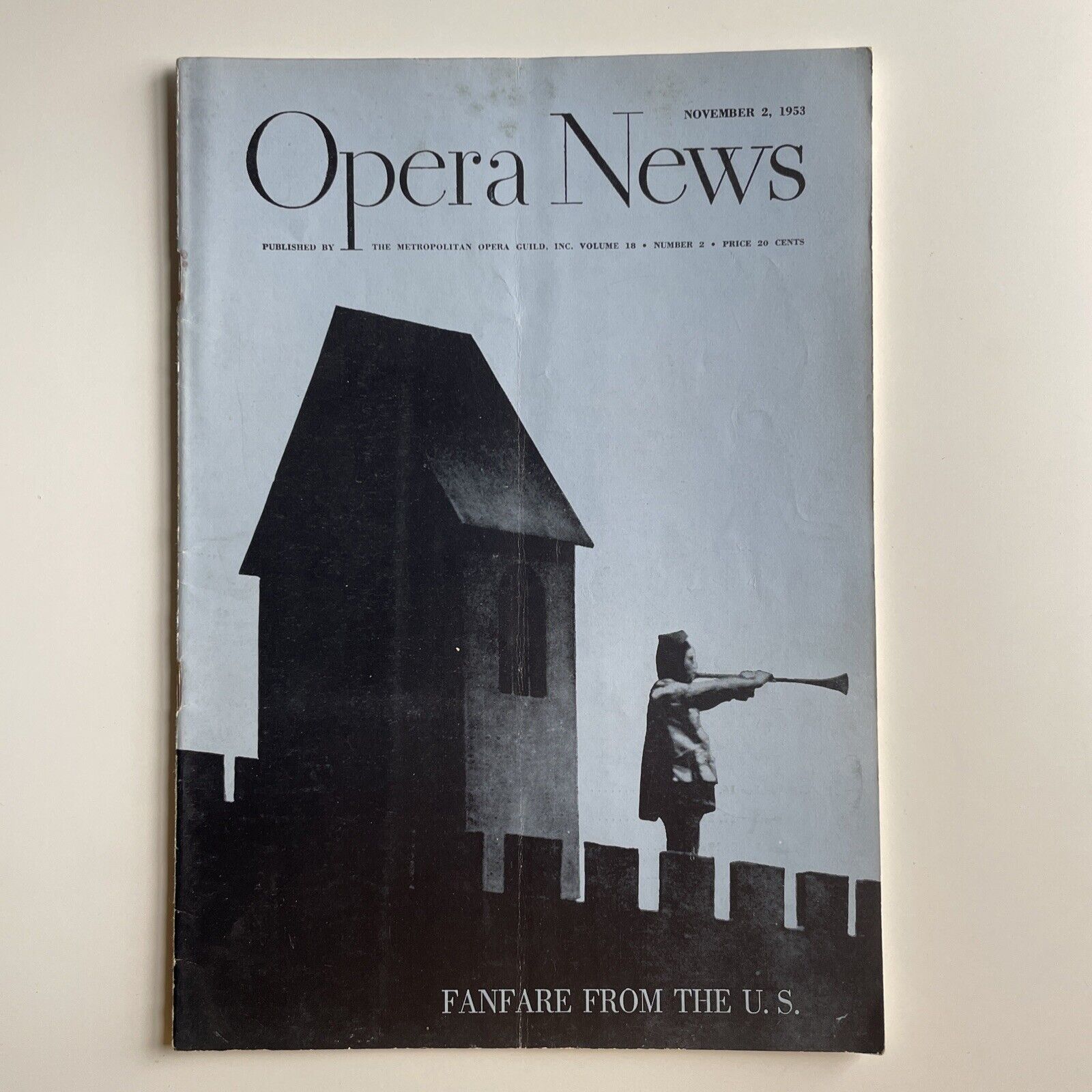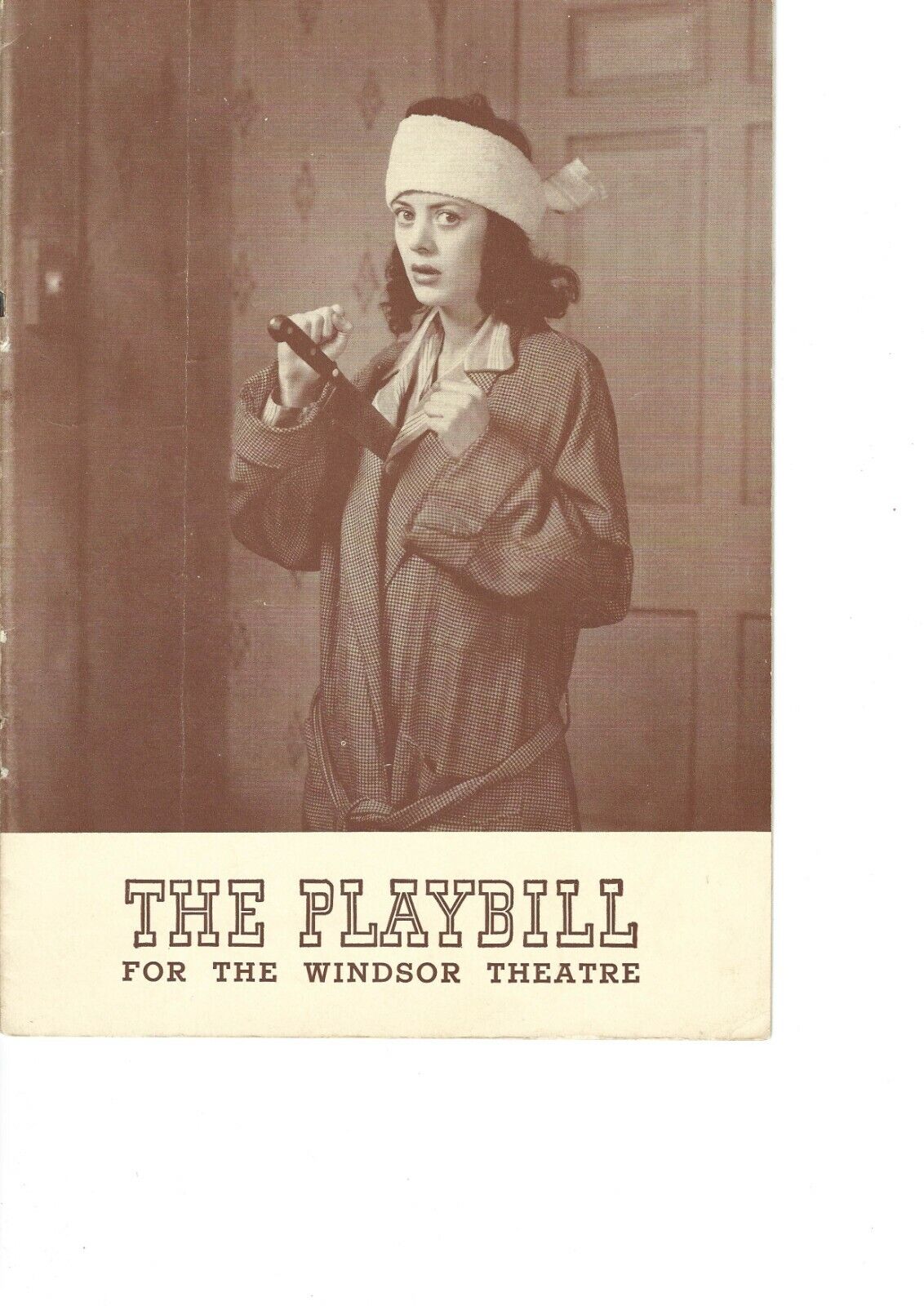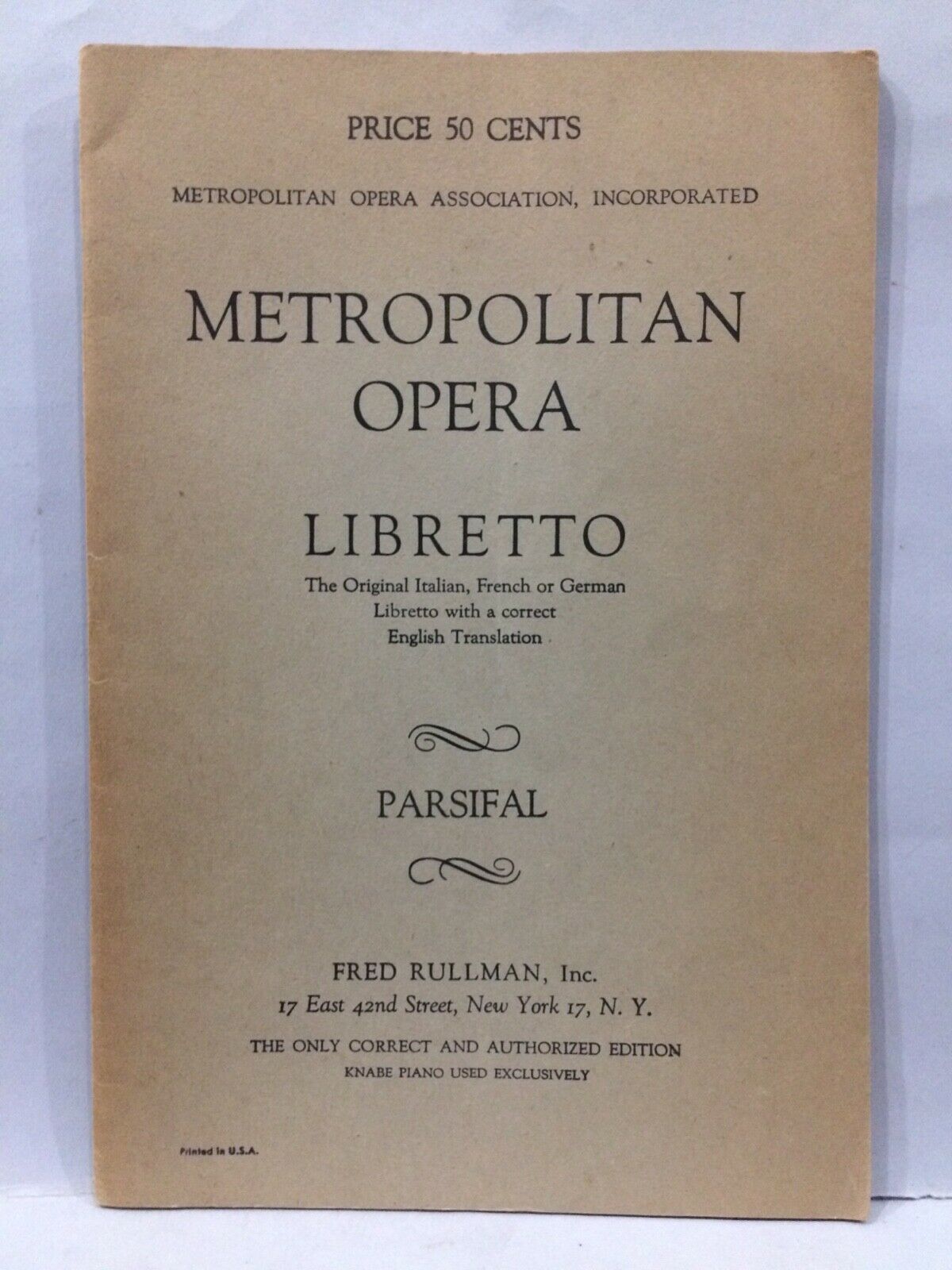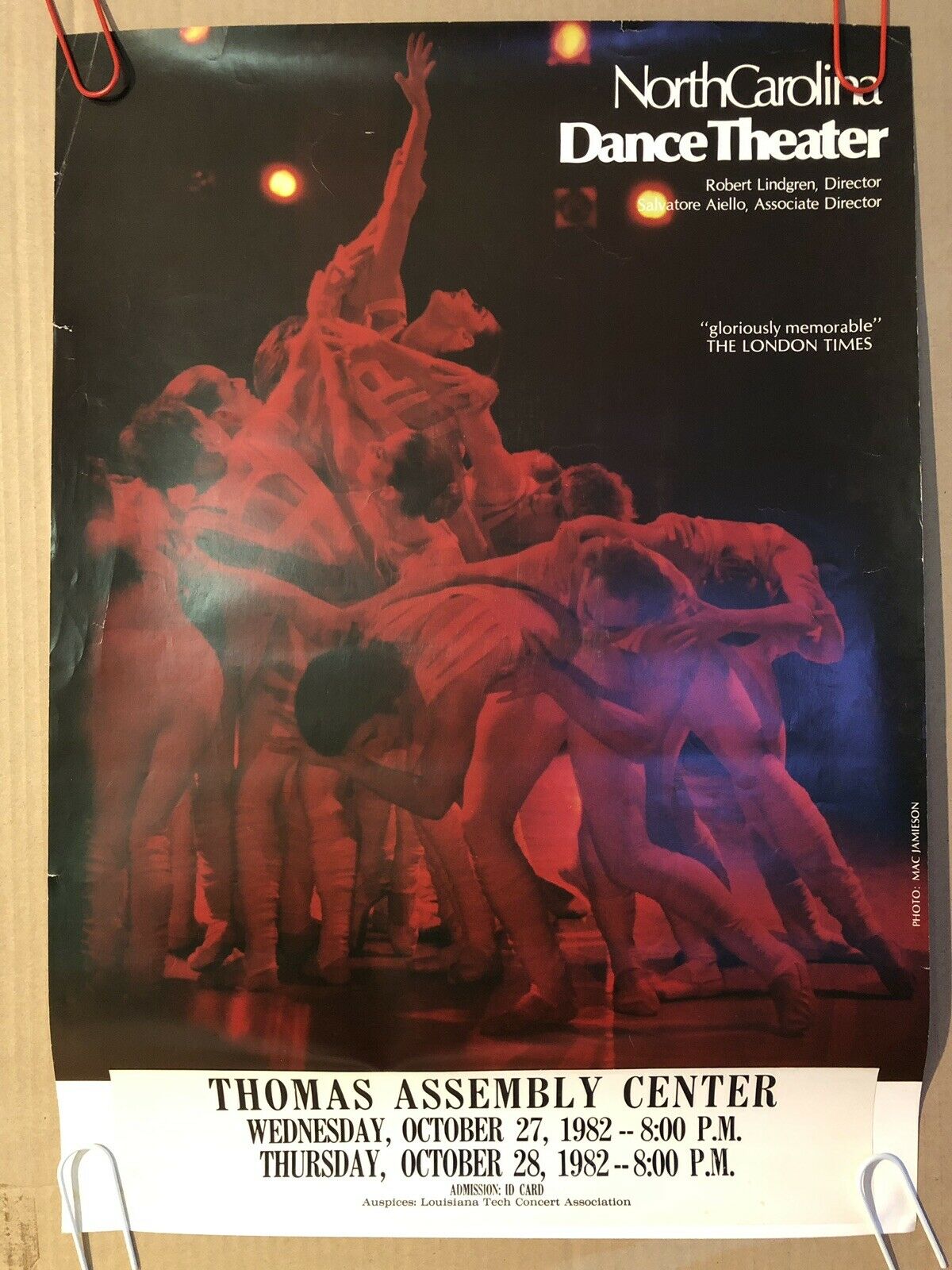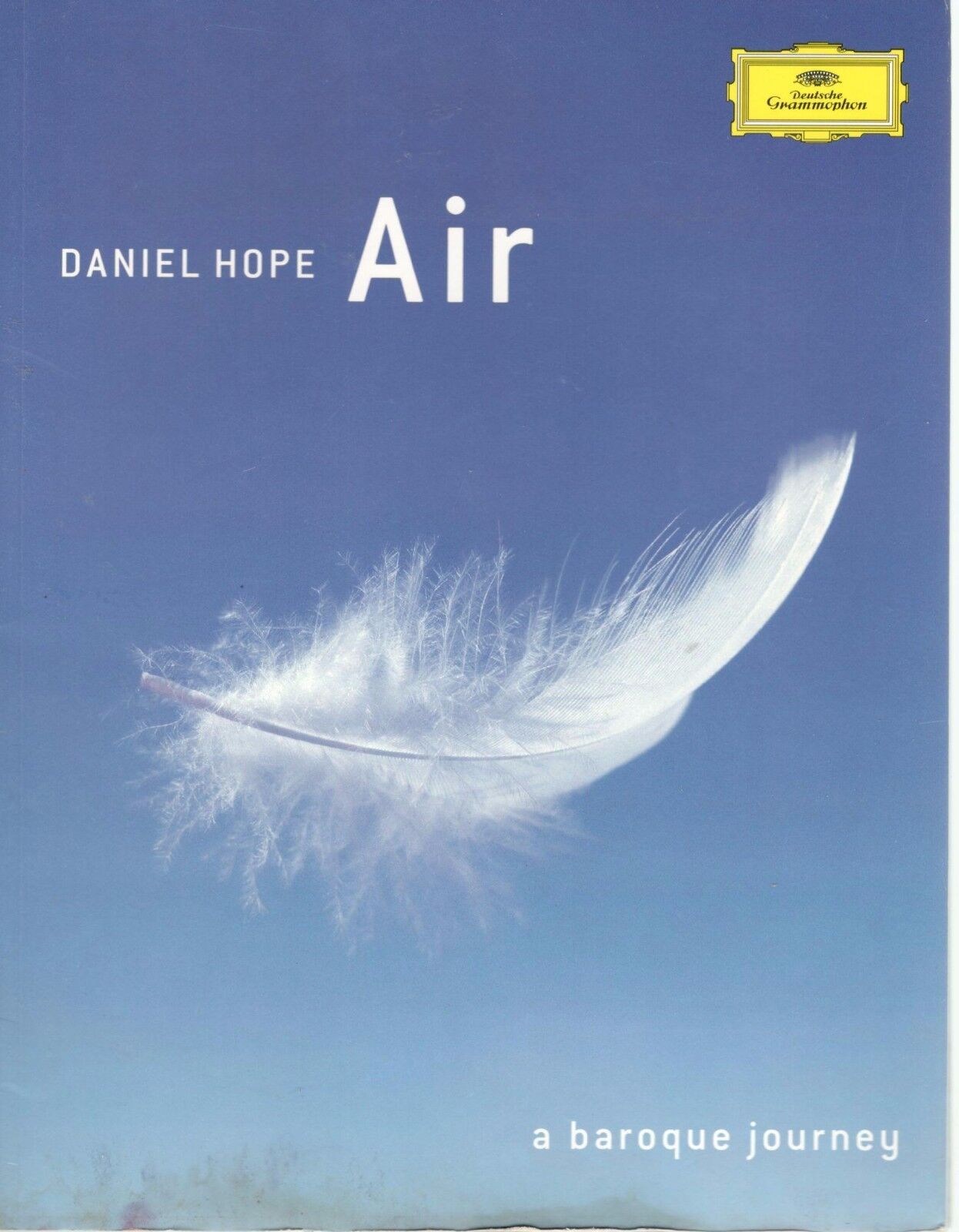-40%
Rare c1905 libretto The Valkyrie, Savage's English Grand Opera Co.
$ 1.05
- Description
- Size Guide
Description
Rare c1905 libretto The Valkyrie, Savage's English Grand Opera Co.Libretto to well-known Richard Wagner opera
The Valkyrie/Die Walkure
in both English and original German, with translation by H. & F. Corder, published by Charles F. Tretbar, New York, 64 pages. Includes 3 full-page ads for Steinway pianos. Great condition for its over 100-year age, with slight discoloration on cover (see photos).
Henry Wilson Savage
(March 21, 1859 – November 29, 1927) was an American theatrical manager
born March 21, 1859, in
New Durham, New Hampshire
.
He graduated from
Harvard
in 1880. He became president of the Henry W. Savage Company, Inc., and of the Castle Square Opera Company of Boston, and director of the National Association of Theatrical Producing Managers of America.
In the 1953 memoir
Bring On the Girls!
(by
P. G. Wodehouse
and
Guy Bolton
), he is depicted as an extraordinarily manipulative and money-grubbing entrepreneur. [wikipedia]
Die Walküre
(
[diː valˈkyːʁə]
;
The Valkyrie
),
WWV 86B
, is the second of the four
music dramas
that constitute
Richard Wagner
's
Der Ring des Nibelungen
(English:
The Ring of the Nibelung
). It was performed, as a single opera, at the
National Theatre Munich
on 26 June 1870, and received its first performance as part of the
Ring
cycle at the
Bayreuth Festspielhaus
on 14 August 1876.
As the
Ring
cycle was conceived by Wagner in reverse order of performance,
Die Walküre
was the penultimate of the four texts to be written, although Wagner composed the music in performance-sequence. The text was completed by July 1852, and the music by March 1856.
Wagner largely followed the principles related to the form of musical drama which he had set out in his 1851 essay
Opera and Drama
under which the music would interpret the text emotionally, reflecting the feelings and moods behind the work, using a system of recurring
leitmotifs
to represent people, ideas and situations rather than the conventional operatic units of arias, ensembles, and choruses. Wagner showed flexibility in the application of these principles here, particularly in Act 3 when the
Valkyries
engage in frequent ensemble singing. [wikipedia]





